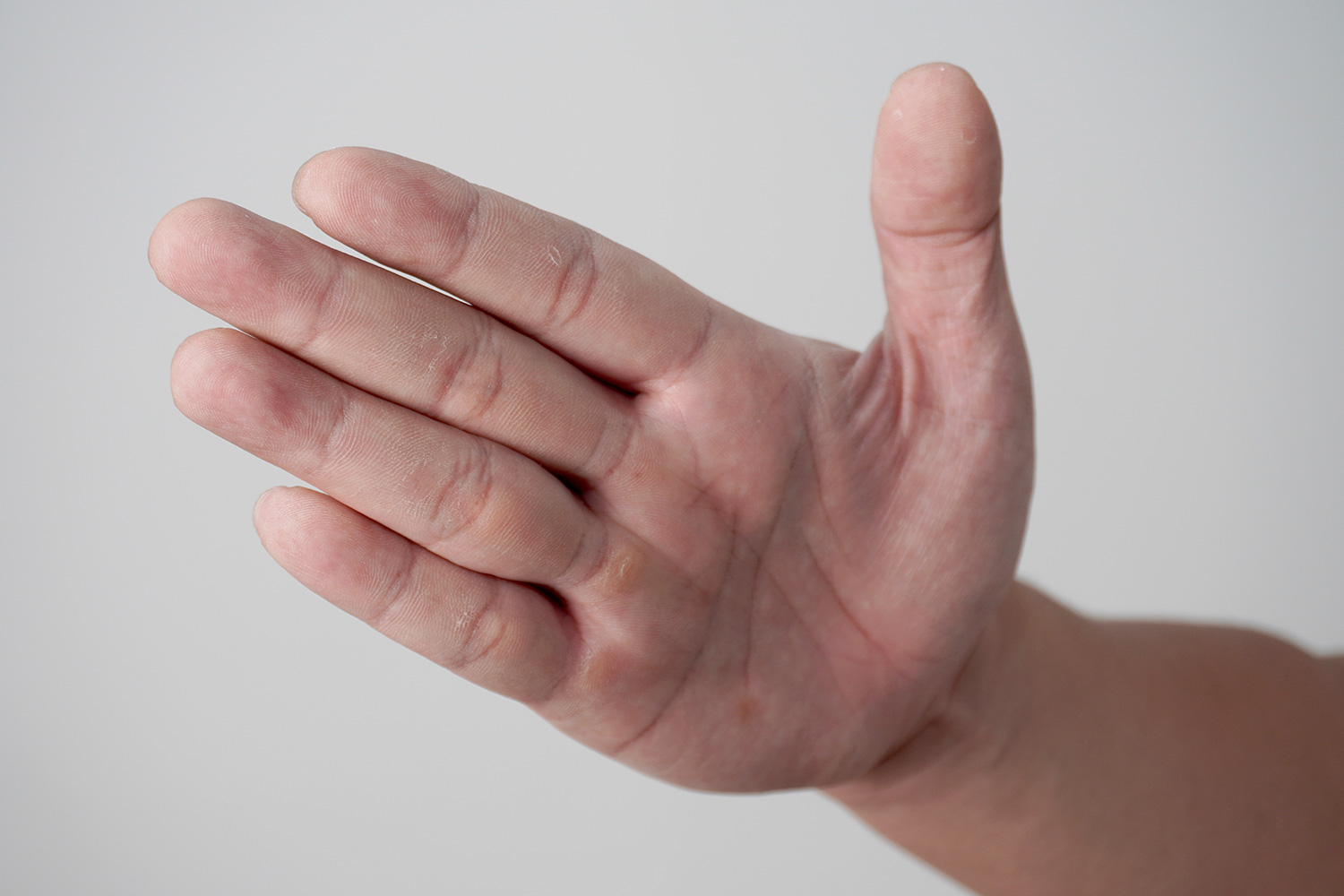The word “slap” refers to a sharp blow or smack typically delivered with an open hand. In English, a slap can have various connotations, ranging from playful to disciplinary. When we explore the term “slap meaning in Tamil,” it translates to “தப்பளி” (Thappali) or “அடி” (Adi), both of which denote a hit or strike, often with a similar context as in English. Understanding the meaning of a slap in Tamil culture involves diving deeper into its usage, implications, and societal context.
The Literal and Figurative Meaning of Slap in Tamil
The term “slap meaning in Tamil” extends beyond its literal translation. In Tamil, “தப்பளி” (Thappali) typically refers to a light slap, which might be used in casual or playful contexts. On the other hand, “அடி” (Adi) is a broader term that can mean a more forceful hit, often used in disciplinary contexts. In Tamil culture, these actions can signify a range of emotions, from affection and jest to anger and correction.
Slap in Tamil Culture
In Tamil culture, physical gestures like slapping carry a different weight depending on the situation. For instance, a gentle slap on the back among friends might be seen as a friendly gesture. However, a slap across the face, especially in public or familial settings, can be viewed as a sign of disrespect or a serious reprimand.
The “slap meaning in Tamil” also extends into expressions and idioms within the language. For example, “கதை தப்பளி” (Kadhai Thappali) metaphorically means “to end a story abruptly,” illustrating how the action of slapping can influence the meaning in verbal communication.
International Perspectives on Slapping
Internationally, the concept of slapping varies across cultures but often retains a universal understanding of being a quick, open-handed strike that expresses disapproval or correction. In many cultures, slapping is considered a social taboo when done in anger or aggression, especially in public settings. In contrast, in some cultures, a light slap on the back or hand can be an expression of camaraderie or encouragement.
Studies on physical discipline and its psychological effects have shown that slapping, particularly in the context of disciplining children, can have long-term negative effects. It is seen as a form of corporal punishment and is discouraged by many child development experts and international organizations like UNICEF.
Social and Legal Implications of Slapping
Exploring “slap meaning in Tamil” also involves understanding the social and legal implications of the act in Tamil Nadu and broader Indian society. Legally, slapping someone, particularly in a manner that causes harm or is intended to insult, can be considered assault under Indian law. This is an important aspect as it reflects the shift towards recognizing individual rights and protecting personal dignity.
In educational and parenting contexts, there has been a significant shift away from corporal punishment, including slapping, as it is seen to affect a child’s mental and emotional well-being negatively. Modern Tamil society, influenced by global norms and psychological research, is gradually moving towards non-violent forms of discipline and conflict resolution.
The “slap meaning in Tamil” encapsulates more than just a physical action; it reflects a range of cultural, social, and emotional nuances. While the literal translation points to “தப்பளி” (Thappali) or “அடி” (Adi), the cultural understanding of a slap in Tamil society varies widely based on context, intent, and the relationship between the individuals involved. Globally, the act of slapping is increasingly viewed through the lens of human rights and personal dignity, emphasizing the importance of non-violent communication and interaction.
By understanding the “slap meaning in Tamil,” we gain insights into how language, culture, and international perspectives converge, highlighting the complex layers behind even the simplest of gestures.




